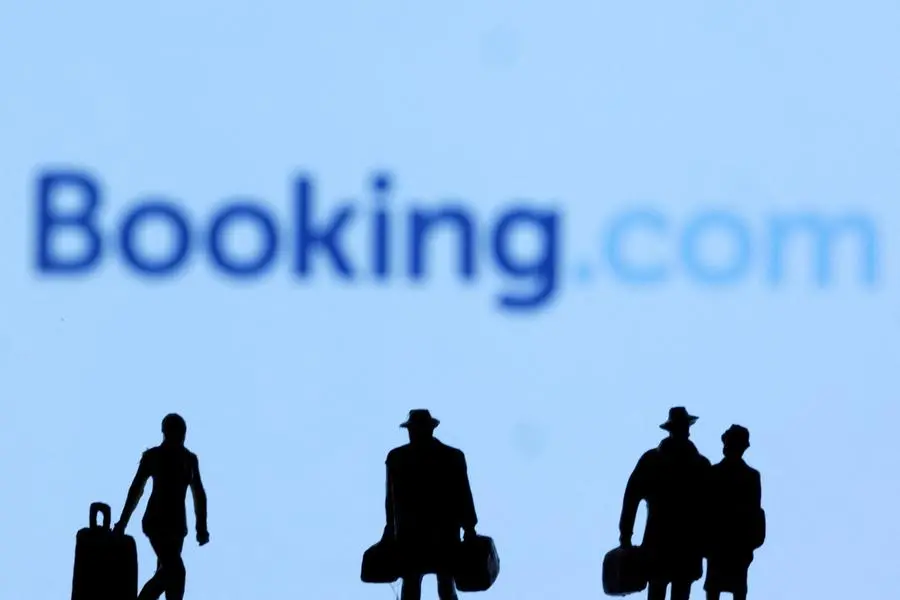PHOTO
The European Commission said on Monday it had designated hotel reservation website Booking.com as a "gatekeeper", which subjects it to strict EU obligations, and has opened an investigation to further determine the regulatory status of social media network X.
Online advertising services X Ads and TikTok Ads as such did not qualify as gatekeepers under the EU Digital Markets Act (DMA), the EU added.
The Commission said in March that Elon Musk's X, TikTok owner ByteDance and Booking.com may meet EU criteria subjecting them to tough tech rules as so-called gatekeepers.
While the EU on Monday said Booking.com fell under the DMA - in line with the company's own view - it had opened a market investigation to further assess the rebuttal lodged by X, opposing the gatekeeper status.
ByteDance was labelled a gatekeeper in July last year but TikTok has challenged that at Europe's second-highest court.
The Digital Markets Act is one of the most stringent regulations targeting tech giants' market dominance, imposing tougher obligations to moderate content, allow fair competition and make it easier for consumers to switch between services.
It designates companies with more than 45 million monthly active users and 75 billion euros ($81 billion) in market capitalisation as gatekeepers, providing a core platform service for business users.
Following its designation as gatekeeper, Booking.com now has six months to submit a detailed compliance report, the Commission said. However, some DMA rules are applicable with immediate effect, notably the obligation to inform the Commission of any intended concentration in the digital sector.
If a gatekeeper does not comply with the DMA, the Commission can impose fines of up to 10% of the company's total worldwide turnover, which can go up to 20% in case of repeated infringements. It can also impose limits on takeover activity.
Alphabet, Amazon, Apple, Meta and Microsoft were designated gatekeepers last year.
From March 7, they must make their messaging apps interoperable with rivals and let users decide which apps to pre-install on their devices. They are also not allowed to favour their own services over rivals' or prevent users from removing pre-installed software or apps. (Reporting by Geert De Clercq; Editing by Susan Fenton)





















